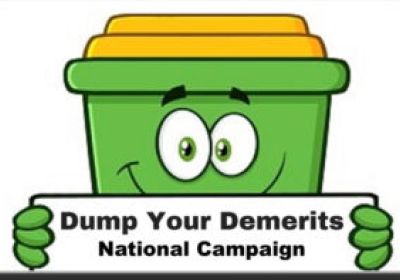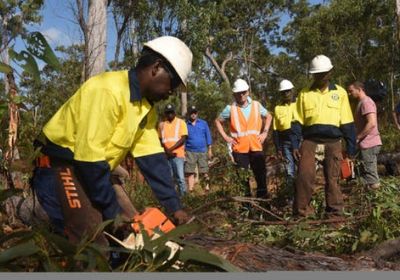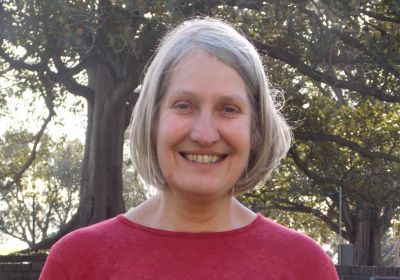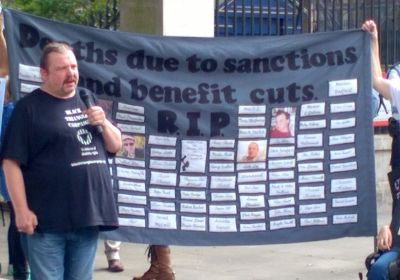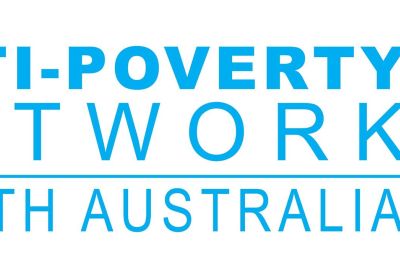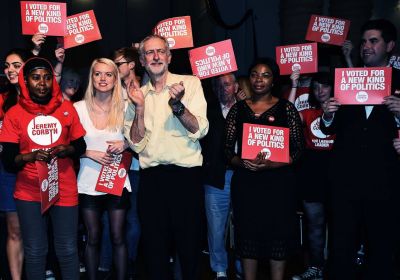-
-
-
-
-
-
-

Mass mobilisations broke out in Argentina over the last two weeks of 2017 following the government’s attempt to cut pension benefits. Unions, political parties and student organisations took to the streets to protest the austerity measures and resist the battering of the police.
-
-
-
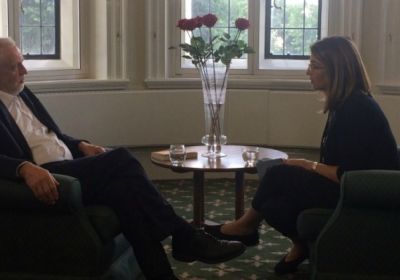
"Social justice isn't copyrighted," British Labour Party leader Jeremy Corbyn told Naomi Klein in an interview published at The Intercept on Thursday.
-
-
Welfare
Welfare
